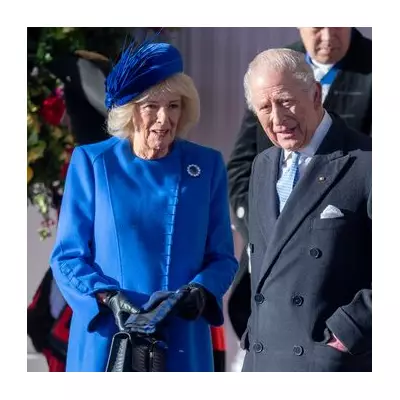
Bronny James, the 19-year-old son of NBA superstar LeBron James, has revealed the lingering health challenges he continues to face after suffering a cardiac arrest last summer. The young basketball prodigy, who now plays for the University of Southern California (USC), opened up about his recovery journey and the uncertainties surrounding his future in the sport.
A Shocking Health Scare
In July 2023, Bronny collapsed during a USC basketball practice due to a sudden cardiac arrest. The incident sent shockwaves through the sports world, prompting an outpouring of support from fans and fellow athletes. After undergoing emergency treatment, he was later diagnosed with a congenital heart defect.
The Road to Recovery
Despite being medically cleared to return to basketball earlier this year, Bronny admits his health struggles persist. "It's been a tough journey," he shared in a recent interview. "Some days are better than others, but I'm grateful to be back on the court."
The freshman guard has been working closely with medical specialists to monitor his condition while gradually increasing his playing time. USC's coaching staff has implemented a carefully managed training regimen to ensure his safety.
Future Uncertainties
While Bronny remains determined to pursue his NBA dreams, questions linger about his long-term prospects in professional basketball. Medical experts continue to evaluate whether competitive sports at the highest level would be advisable given his condition.
His father, LeBron James, has been vocal about prioritizing his son's health over basketball ambitions. "Nothing matters more than Bronny's wellbeing," the Lakers star recently stated.
Raising Awareness
The James family has used their platform to bring attention to cardiac health in young athletes. They've partnered with organizations promoting heart screenings for student athletes and supporting research into sudden cardiac arrest prevention.
Bronny's openness about his experience has inspired many young athletes to prioritize health checks and listen to their bodies. His story serves as a powerful reminder of the fragility of health, even for elite athletes.





